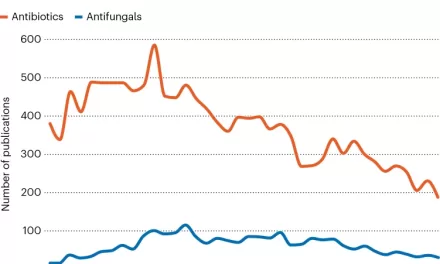New Delhi, Mar 19: In a world increasingly plagued by stress, a groundbreaking study from Harvard and Oxford Universities has revealed the crucial role of daily physical activity and adequate sleep in fostering happiness and reducing stress levels. The research, which analyzed data from over 10,000 global participants, provides compelling evidence for the impact of lifestyle habits on overall well-being.
The study, a collaborative effort with smartwatch provider Garmin, utilized data collected from smartwatches and smartphones to gain unprecedented insights into the factors influencing happiness and stress. Researchers aimed to provide data-driven recommendations for public policies and product development related to health and well-being.
One of the key findings revealed that emotional stability tends to improve with age. Older adults exhibited greater consistency in their emotional states, while younger adults experienced more significant fluctuations. Furthermore, participants reported feeling happiest when engaging in cultural or social activities, enjoying meals, or spending quality time with loved ones.
The study strongly reinforced the well-established benefits of exercise in managing stress. Regular physical activity was shown to regulate stress hormones, release endorphins, and improve mood, contributing to a heightened sense of well-being. Notably, exercise also plays a vital role in enhancing sleep quality, which is often compromised by stress, further aiding in stress reduction.
Beyond its physical benefits, regular exercise was found to boost self-esteem and enhance mood, fostering resilience and a sense of control in dealing with stress.
The study underscores the growing public health concern of stress, which is linked to a multitude of mental health conditions, including anxiety and depression. Additionally, stress exacerbates chronic diseases such as diabetes, hypertension, obesity, and certain cancers. It can also lead to gastrointestinal problems, weakened immune systems, skin issues, and disruptions to the menstrual cycle and fertility.
The economic impact of stress is also significant, with stress-related health issues responsible for an estimated 17 million lost working days worldwide each year, highlighting the critical importance of effective stress management for overall health and productivity.
This research reinforces the importance of incorporating regular exercise and prioritizing adequate sleep as fundamental strategies for managing stress and promoting well-being.
Disclaimer: This article is based on information provided in the given text. While the study results are presented as reported, individual experiences may vary. Readers are advised to consult with healthcare professionals for personalized advice regarding stress management and health concerns. The findings of this study do not constitute medical advice.












